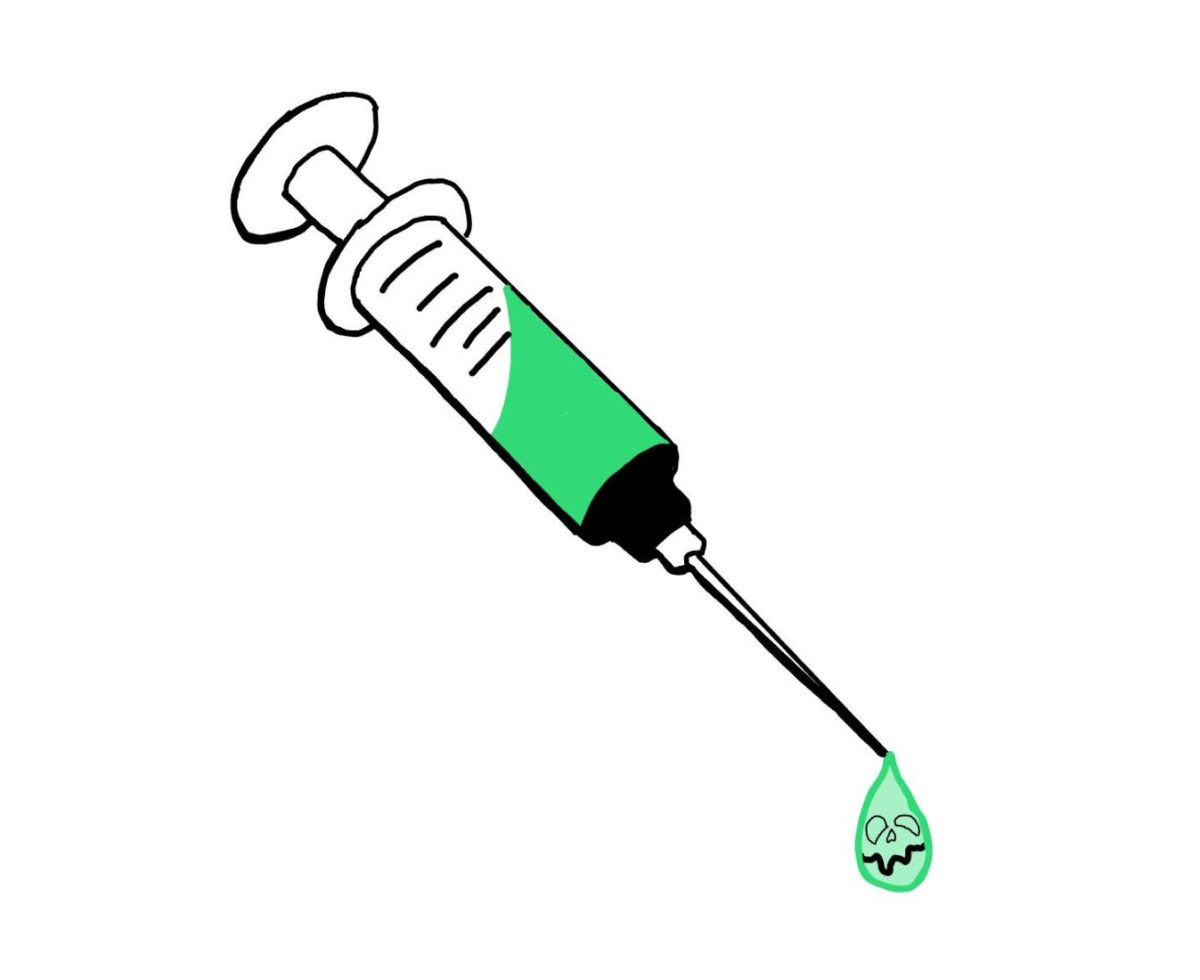The death penalty is legal in more than half of US states. The death penalty is primarily a Republican view. The number of executions is lower than the number of executions two decades ago. The death penalty is racially motivated and a form of systemic racism because the justice system is designed to execute wrongly convicted black individuals.
Capital punishment, also known as the death penalty, is the legally authorized killing of someone as punishment for a crime. The death penalty can be imposed on people who are convicted of crimes such as murder, treason, genocide, or the killing or kidnapping of a government official.
While the death penalty is not legal in Illinois, it is legal in 27 states, more than half the US. The states with the death penalty are Alabama, Arizona, Arkansas, California, Florida, Georgia, Idaho, Indiana, Kansas, Kentucky, Louisiana, Mississippi, Missouri, Montana, Nebraska, Nevada, North Carolina, Ohio, Oklahoma, Oregon, Pennsylvania, South Carolina, South Dakota, Tennessee, Texas, Utah, and Wyoming.
Allowing the death penalty is primarily a Republican Party view. The majority of states that allow the death penalty are also Republican states. In a Pew Research Center article, 60% of U.S adults favor the death penalty. The article shows a survey: 77% of Republicans favor the death penalty while 46% of Democrats favor the death penalty.
Massachusetts, which is a state without the death penalty, ruled the death penalty unconstitutional by the state’s highest court in 1984. Most if not all people who are against the death penalty believe the idea of “an eye for an eye” is immoral. They believe that justice does not come through revenge.
Marissa Lessick, a GN teacher in the English department, was asked if she thought people could change. She replied, “Yes. People can change I believe. I think that they can be restored. There’s a lot of initiatives in the prison system where restorative justice and reflection and forgiveness are shown. So I do believe that people can make a change.”
Although the amount of executions has lowered since the past two decades, there are still executions happening this year. Most of the US are for the death penalty, but more people are changing their minds when they hear about the unfairness embedded in the justice system.
According to the Death Penalty Information Center, 1,582 men and women have been executed in the United States since 1976, when the death penalty was reinstated. By the time of November 30 2023, 24 prisoners had been executed in five different states this year. The years with the most executions happened around the year 2000. The highest number of executions in a year was in 1999. During 1999, 98 people were executed. All executions this year, and most executions in general, used the method of lethal injection. Oklahoma scheduled 25 executions between August 2022 to December 2024.
When Aidan Berg ’25 was asked if he thinks Illinois should have the death penalty, he said, “It depends, as that’s a rather complex question. I’d say morally no. But if it’s deserving of the death penalty it should be either debated or agreed upon of either life in prison or the death penalty.” Berg also added that crimes that are deserving of the death penalty are crimes such as mass murder, genocide, or anything with a large loss of life.
Systemic and structural racism, by definition, are forms of racism that are embedded in and throughout systems, laws, written or unwritten policies, practices, and established beliefs and attitudes that produce, encourage, and make an unfair treatment of people of color. There are many different examples of systemic racism in our society, but a few systems where systemic racism is prominent are education, wealth, healthcare, and the criminal justice system. An example of systemic racism is people of color being more likely to get wrongfully convicted of crimes, and to get the death sentence than white people.
When Lessick was asked if Illinois should have the death penalty, she answered, “I personally don’t think that we should have the death penalty. Because I think that the way that the justice system works is punishment enough and an eye for an eye never works.”
Carolyn Rehak, a GN teacher in the history department, suggests that the use of the death penalty is rooted in racist ideology and there are benefits of the death sentence being thoroughly examined before put to use.
According to the Death Penalty Information Center, research collected in September of 2022 states that black people are seven and a half times more likely to be wrongly convicted of murder than white people. Researchers found that judging on the rate of false convictions among death row, several thousands were falsely accused of murder in America in the past 40 years and more than half were black people. In a survey that started in 1976 and was last updated as of September 24, 2020, it studied black and white people being executed for interracial murders. 21 white defendants who killed a black victim were executed. While 296 black defendants who killed a white victim were executed.
Since black people are more likely to be wrongfully convicted than white people, black people are more likely to get the death sentence. A little more than half of people who are sentenced to death are black.

